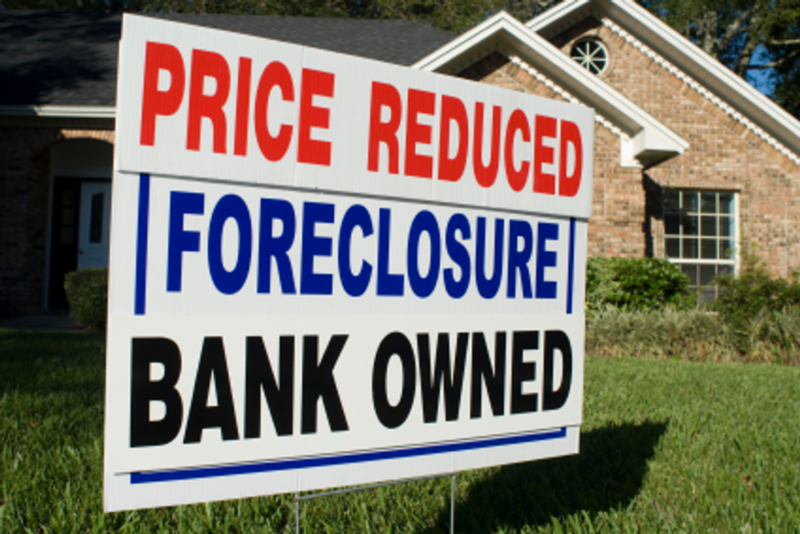Two Cincinnati City Council members will unveil a proposal Wednesday to require banks to take better care of foreclosed properties.
Councilmen P.G. Sittenfeld and Cecil Thomas want city administrators to gauge the feasibility of launching a pilot program to improve vacant and blighted properties, which they said would help stabilize neighborhoods.
If ultimately deemed feasible and approved, the proposal would create a mandatory registry for vacant foreclosed properties and enact stiffer civil offense charges for properties that aren’t properly maintained. Also, it would require point of sale inspections prior to sheriff's sales, and assess the costs for code violation corrections to lenders.
The program would be tried on a one-year trial basis in Westwood, Price Hill, College Hill, Madisonville and Mount Airy. If successful, it could be expanded to other neighborhoods.
When foreclosed properties are left vacant, they often become targets of crime and sources of blight, and can ultimately end up in the hands of absentee landlords, Sittenfeld said.
"Our efforts are all about demanding accountability," Sittenfeld said. "Banks and lenders must maintain the properties they own, just like the rest of us."
He added, “We must all care about this issue because all of us are affected by it. If you live next to a vacant foreclosed house, your property values go down and your quality of life deteriorates. This pilot program provides an important step toward stabilizing our neighborhoods."
Sittenfeld and Thomas will formally announce the plan at a press conference Wednesday morning at a foreclosed home at 1540 Ambrose Ave. in College Hill. The property is owned by mortgage giant Fannie Mae, which has had 188 building code enforcement cases in Cincinnati during the past five years.
The proposal also has the support of Vice Mayor Roxanne Qualls and Councilmembers Chris Seelbach, Charlie Winburn and Wendell Young. That gives it enough votes for passage, which means administrators will report back to council on the costs for such a program and whether it would be effective.
Community activists and advocates from Working In Neighborhoods and the Legal Aid Society also support the proposal.


